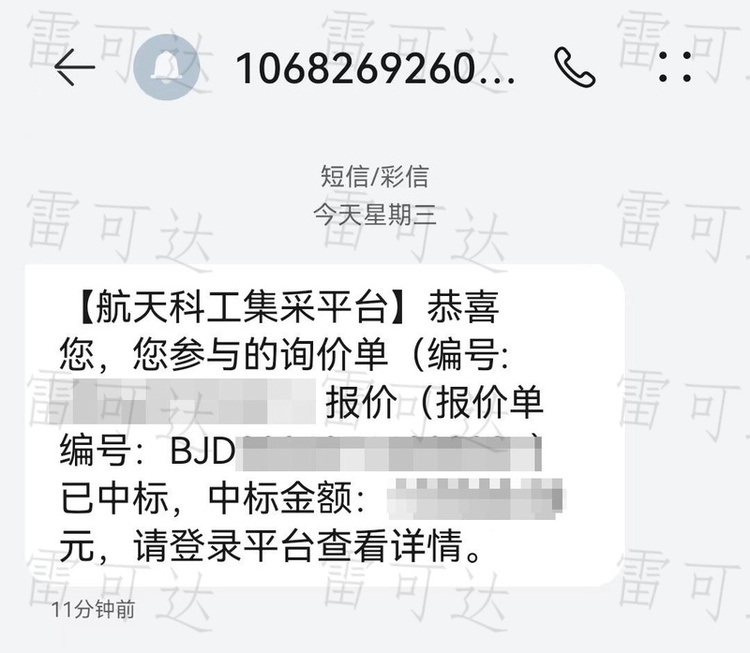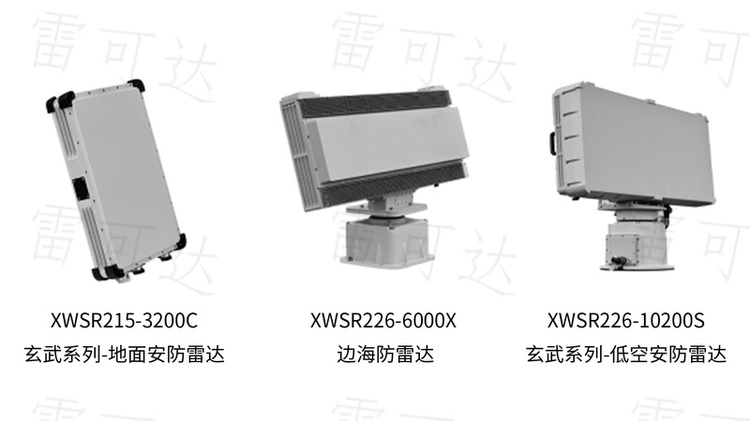Radar Technology

Sharing Efficient Bidding Strategies and Techniques: Teaching You How to Consistently Win Projects
Lakeda has successfully won the bid for the XW/SR226-6000X multi-functional drone detection equipment project. This device employs advanced radar technology, specifically designed to provide precise monitoring and real-time early warnings for key areas such as borders and airports, showcasing the company’s technical strength in the field of low-altitude security.
Read more
Beginner's Guide to Radar: Mastering Core Basics from Scratch
This article provides a comprehensive analysis of radar technology, covering its origins, working principles, and modern applications. It details the classification of radar, its technical advantages, and its practical uses across various fields, showcasing the significant value and developmental journey of radar as a radio detection technology.
Read more
Working Principle of Bridge Collision Avoidance Radar: Analysis of Core Technologies and Safety Protection Mechanisms
This article provides a detailed analysis of the working principle of bridge collision avoidance radar. It explains how the radar monitors real-time traffic conditions around the bridge by transmitting and receiving electromagnetic waves, identifies potential collision risks, and integrates intelligent algorithms to achieve active early warnings, thereby effectively enhancing bridge safety and traffic efficiency.
Read more
Drone Detection Radar: Comprehensive Analysis, Technical Principles, and Industry Application Guide
Drone detection radar technology offers advantages such as high-precision reconnaissance, low cost, and strong reliability. It can be rapidly deployed and adapted to complex environments, and has been widely applied in military, environmental monitoring, industrial, and urban security fields, providing critical support for intelligence gathering and smart decision-making.
Read more
Radar Anti-Low-Altitude Intrusion Technology: A Comprehensive Analysis of Principles, Applications, and System Advantages
Lakeda’s anti-low-altitude intrusion radar technology utilizes the Doppler effect and pulse compression techniques to accurately detect low-altitude flying targets. It is widely applied in military defense, civil aviation, and the protection of critical facilities, offering high precision, real-time response, and strong anti-interference capabilities, effectively enhancing security levels.
Read more
Analysis of Core Advantages of Drone Detection Radar: Full Revelation of Key Technical Features
This article provides a detailed analysis of the core features of drone detection radar, including multi-target tracking, strong anti-interference capabilities, and rapid deployment, making it suitable for low-altitude security and reconnaissance missions.
Read more
Principle and Manufacturer Analysis of Drone Detection Radar Systems: A Comprehensive Guide to Technology, Selection, and Brands
This article analyzes drone detection radar systems and solutions, discussing the challenges faced by detection technologies such as radar, electro-optics, and acoustics, including low RCS, weak infrared signatures, and complex environmental interference. It also highlights that multi-technology collaboration is a key direction for enhancing detection efficiency.
Read more
7 Core Features and Selection Guide for Drone Detection Radar by Lakeda
The low-altitude drone detection radar provides continuous surveillance of low-altitude airspace, enabling precise identification and tracking of targets such as micro-drones, vehicles, and individual soldiers. Utilizing the principle of electromagnetic wave echoes combined with multi-dimensional discrimination technology, it effectively distinguishes drones from birds. Equipped with capabilities such as multi-target tracking, strong clutter resistance, and rapid deployment, it is suitable for security and reconnaissance scenarios.
Read more